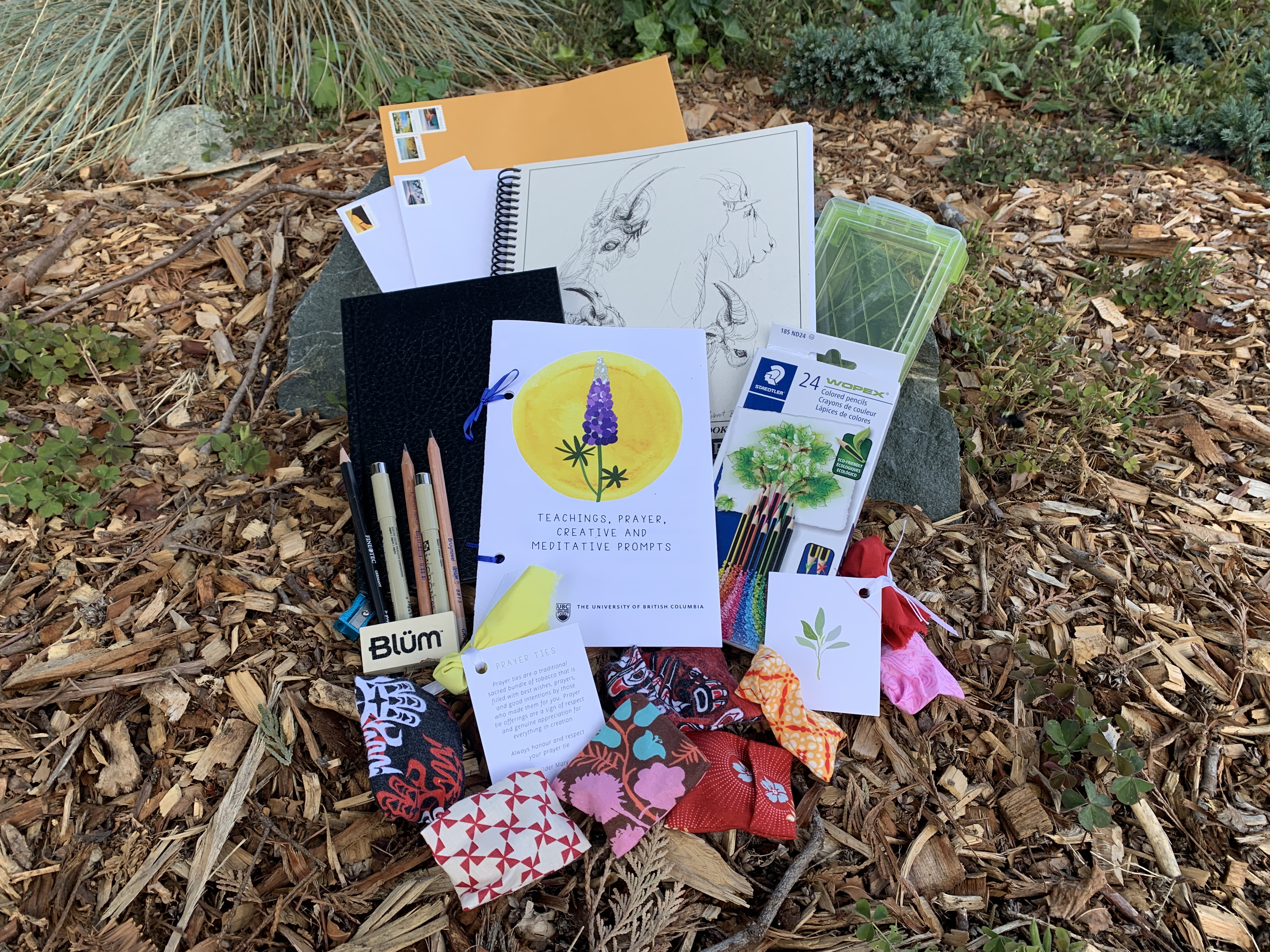This site has now been archived and content is not being updated. |
You are here
COVID-19: Arts-based reciprocity to support collective resilience for Indigenous and non-Indigenous peoples in prison and on parole: A Community in-reach partnership program
COVID-19 Research Area(s): Mental Health & Wellbeing, Social Impacts
The COVID-19 pandemic is one of the foremost human rights challenges in Canada and the world. The UN Human Rights Commissioner has highlighted the critical need for human rights-oriented action in correctional settings, as prisoners face disproportionate unjust risk of infection, and carceral environments exacerbate harms through increased social exclusion. Attempts to stop the spread of the virus have resulted in cancellation of visitation and programming, furthering isolation and solitary confinement. For Indigenous Peoples, drastically overrepresented in prison, ongoing colonialism intensifies the harms associated with social exclusion, including suicide and self-harm. Correctional Services of Canada (CSC) has made significant investments to stop the spread of the virus, yet resources to support the resilience of prisoners have lagged behind. Additionally, calls for early-release to reduce prison overcrowding are complicated by closure and reductions of many community supports. In this context, a prison-community partnership to support social inclusion is needed. This SSHRC Partnership Engage Grant will support resilience and social inclusion for incarcerated people and people leaving prison during COVID-19 through the development and implementation of an arts-based and Indigenous-focused intervention.
We will develop a rapid targeted intervention and mixed methods study to support resilience and social inclusion for prisoners and people leaving prison. Building on our research on supporting wellbeing for prisoners, and direction from CSC leadership regarding priorities, we will operationalize evidence from our prior studies for an arts-based intervention that will: (i) distribute supplies and provide supports for writing and art to prisoners and people leaving prison as outlets for creativity, including potential employment opportunities, and (ii) facilitate reciprocal gathering and digitization of artwork, letters, poems, short stories and other creative pieces from community members and prisoners. Impact on resilience and wellbeing will be tracked through participant tracking, administrative data and virtual semi-structured interviews with incarcerated people, people leaving prison and CSC and FRAFCA staff, with a focus on wellness (using Indigenous holistic understandings), skills and training, and the influences of sex and gender. Knowledge Mobilization will begin at the outset of the project, and policy uptake will be supported by FRAFCA and CSC Collaborators. All activities will be guided by an Advisory of people with lived experience of incarceration and Indigenous Elders, and include opportunities for dignified employment for people with lived experience of incarceration.
 Collaboration opportunities:
Collaboration opportunities:We are interested in collaborating with other scholars, Indigenous advocates and Knowledge Keepers and people with lived experience of incarceration with interest and expertise in arts-based methods in prisons, storytelling and visual narratives and mental health and social exclusion.